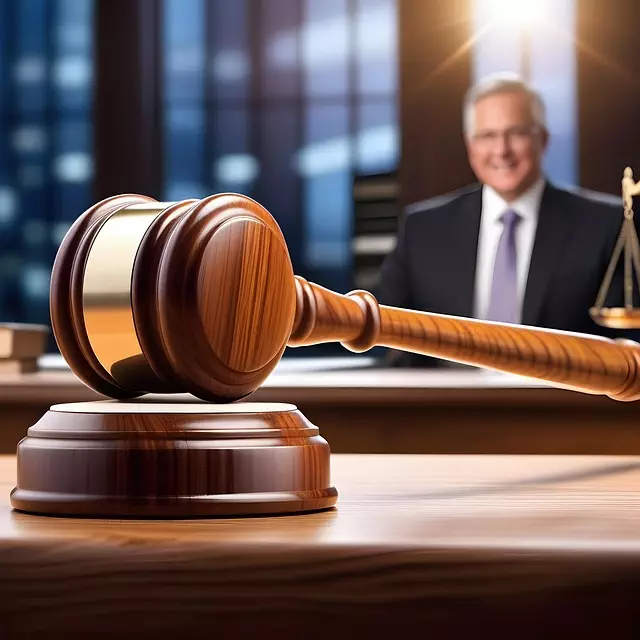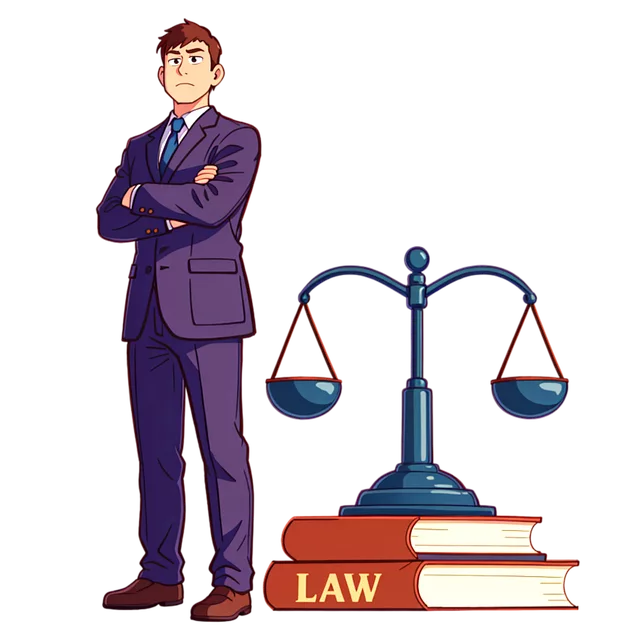Rideshare safety in densely populated areas like Queens, New York, is a paramount concern, especially for individuals with traumatic brain injuries (TBI). A qualified Queens traumatic brain injury attorney highlights security gaps driven by factors like driver fatigue, distractions, inadequate training, and regulatory failures. Legal action is crucial to address these issues, encourage safer practices, and ensure proper compensation for victims. After an accident, immediate medical attention is vital, and consulting a Queens traumatic brain injury attorney can simplify the legal process, protect rights, and secure fair compensation.
Rideshare safety has become a paramount concern, prompting legal actions to enhance accountability. This article delves into crucial aspects of rideshare safety litigation, offering insights on understanding and addressing associated risks. From common accident causes to navigating legal processes, we explore the role of legal action in ensuring passenger security. For victims seeking justice, especially those with traumatic brain injuries, a Queens traumatic brain injury attorney provides expertise, guiding them through complex legal landscapes post-rideshare incidents.
- Understanding Rideshare Safety Concerns
- The Role of Legal Action in Ensuring Safety
- Common Causes of Rideshare Accidents
- When to Seek Legal Representation for Injuries
- Queens Traumatic Brain Injury Attorney: Expertise and Experience
- Navigating the Legal Process After a Rideshare Incident
Understanding Rideshare Safety Concerns

Rideshare safety has become a paramount concern, especially in densely populated areas like Queens, New York. With the rise of ride-sharing services, ensuring passenger security is more crucial than ever. Many individuals, particularly those who suffer from traumatic brain injuries (TBI), rely on these services for transportation and mobility. A queens traumatic brain injury attorney often handles cases involving accidents related to rideshare companies, highlighting the need for enhanced safety measures.
Several factors contribute to rideshare safety concerns. Driver fatigue, distraction due to mobile devices, and a lack of proper training can significantly increase the risk of accidents. Additionally, regulatory issues and inadequate insurance coverage are common challenges in this industry. Addressing these problems requires collective efforts from ride-sharing companies, government bodies, and legal professionals to establish stricter guidelines, improve driver screening processes, and ensure adequate compensation for victims of rideshare-related incidents.
The Role of Legal Action in Ensuring Safety

Legal action plays a pivotal role in ensuring safety within the rideshare industry. When accidents occur, such as those leading to traumatic brain injuries, victims can seek justice and accountability through litigation. Engaging a qualified Queens traumatic brain injury attorney is crucial; these legal professionals help navigate complex regulations and policies to protect the rights of injured parties.
Through lawsuits, rideshare companies are encouraged to implement stricter safety measures, conduct thorough driver screenings, and maintain reliable insurance policies. Such legal actions not only provide compensation for victims but also serve as deterrents, pushing the industry towards higher standards of care.
Common Causes of Rideshare Accidents

Rideshare accidents can result from a variety of factors, and understanding common causes is essential for ensuring safety moving forward. One of the primary reasons for collisions involves driver distraction, which includes using mobile devices while behind the wheel or becoming preoccupied with other activities that take their attention away from the road. Additionally, speeding remains a significant concern, as drivers may exceed safe speed limits, reducing reaction time and increasing the severity of potential accidents.
Another factor contributing to rideshare mishaps is driver fatigue, especially in long-haul trips or during late-night shifts. This can lead to decreased alertness and slower response times, heightening the risk of crashes. Furthermore, vehicle maintenance plays a crucial role; poorly maintained vehicles with worn-out brakes, tires, or other critical components increase the likelihood of accidents, often resulting in severe injuries for passengers, particularly those suffering from Queens traumatic brain injury due to such incidents.
When to Seek Legal Representation for Injuries

If you’ve suffered an injury in a rideshare accident, knowing when to seek legal representation is crucial. While some minor incidents may resolve through insurance claims, more severe cases, especially those involving traumatic brain injuries (TBI), require specialized attention. A Queens traumatic brain injury attorney can provide invaluable support and expertise. They understand the complexities of TBI litigation, including navigating medical records, expert opinions, and potential liability issues between rideshare companies, drivers, and insurance providers.
Timely legal intervention ensures your rights are protected and that you receive fair compensation for your injuries. Rideshare safety litigation often involves extensive documentation and legal procedures, which can be overwhelming for victims. A qualified attorney handles these details, allowing you to focus on recovery while they build a strong case. This is especially important when dealing with TBI, as proper medical care and rehabilitation are paramount to long-term health and well-being.
Queens Traumatic Brain Injury Attorney: Expertise and Experience

When it comes to ensuring justice and compensation for a traumatic brain injury (TBI) suffered in a rideshare accident, having a dedicated Queens traumatic brain injury attorney by your side is paramount. These legal professionals possess a deep understanding of the complex medical and legal aspects surrounding TBI cases. Their expertise lies in navigating the intricate procedures involved in litigation, especially within the specific context of New York State laws and regulations related to rideshare services.
With their extensive experience, Queens traumatic brain injury attorneys have honed their skills in gathering evidence, including medical records, expert opinions, and witness statements, to build a compelling case. They advocate fiercely for their clients’ rights, ensuring they receive the support and financial resources necessary for their recovery and rehabilitation. Their knowledge of settlement negotiations or trial strategies can significantly impact the outcome of your case, aiming to secure the maximum compensation for your suffering, medical expenses, and lost opportunities.
Navigating the Legal Process After a Rideshare Incident

After a rideshare incident, navigating the legal process can seem daunting. If you’ve been involved in an accident while riding in or driving for a rideshare service, the first step is to ensure everyone’s safety and seek immediate medical attention if necessary, especially for more severe injuries like a traumatic brain injury (TBI). In New York, including areas like Queens, victims of such incidents have legal rights.
Engaging a qualified and experienced attorney who specializes in rideshare safety litigation can significantly simplify the process. A Queens traumatic brain injury attorney will guide you through the steps, which may include filing a personal injury claim against the rideshare company or the driver. They’ll help gather evidence, communicate with insurance companies, and represent your interests throughout legal proceedings. This ensures that your rights are protected and that you receive fair compensation for any injuries or losses incurred.
In light of the growing rideshare industry, it’s imperative to prioritize safety through legal action. By holding companies accountable for their operations and addressing common accident causes, we can enhance passenger protection. For those injured in rideshare incidents, seeking legal representation from a qualified Queens traumatic brain injury attorney is a crucial step towards justice and compensation. Understanding your rights and navigating the legal process effectively ensures fair treatment and supports recovery efforts.
